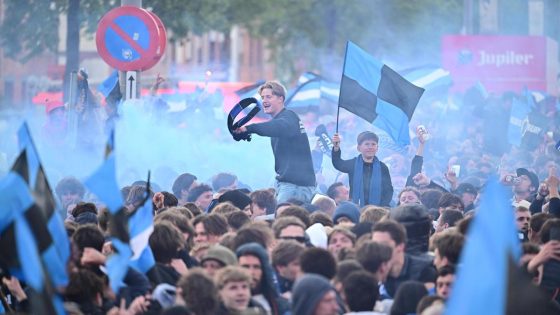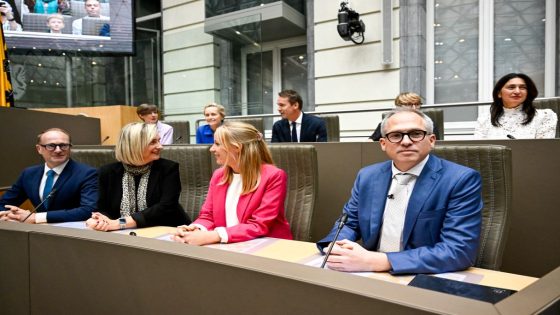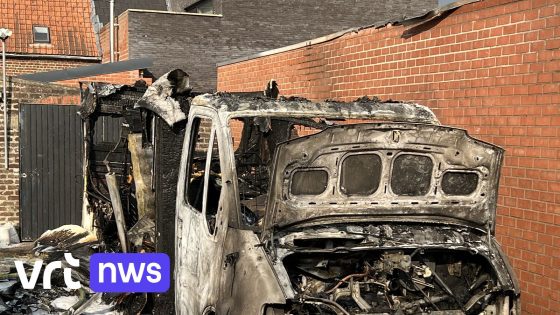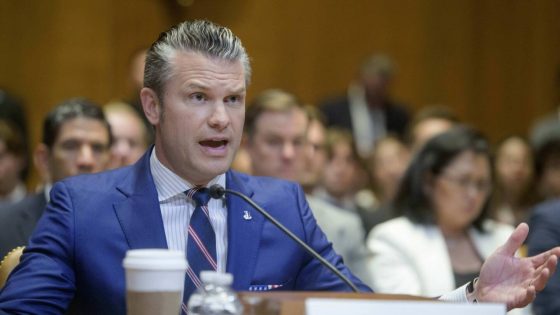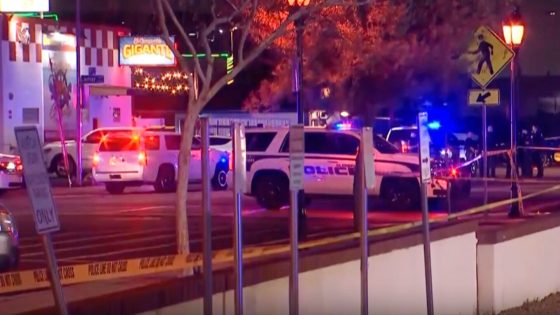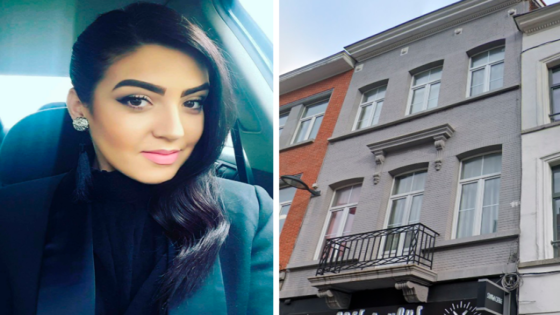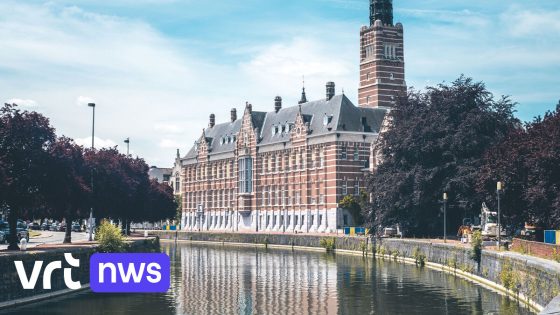Supporters of Club Brugge caused unrest in Brussels neighborhoods Sint-Jans-Molenbeek and Jette ahead of the Belgian Cup final. On 2025-05-06 22:39:00, reports emerged of violent incidents and reprisals by local youths against Brugge fans later that evening. This troubling behaviour has sparked a strong response from local authorities.
- Supporters Club Brugge target passersby, shops
- Brussels youth retaliate against Brugge supporters
- Anderlecht mayor bans Club Brugge fans
- Police collaborate to enforce supporter ban
- Brugge mayor opposes Anderlecht ban decision
- Club Brugge urges dialogue to reverse ban
In reaction to these events, Anderlecht’s mayor Fabrice Cumps has banned Club Brugge supporters from attending the upcoming match on Sunday, 18 May. The decision aims to protect both residents and RSCA supporters from further disturbances. But is this the right approach to prevent football-related violence in Belgium?
Club Brugge and Bruges mayor Dirk De fauw have expressed clear disagreement with the ban, highlighting existing security protocols like the combi arrangement, which effectively manages high-risk matches. What does this mean for future football matches in Belgium? The following provides a concise overview.
Is banning supporters the best way to ensure public safety, or could better coordination prevent such issues? The situation raises important questions about fan management and local security measures:
- Anderlecht’s mayor prioritizes public order and resident safety with the ban.
- Bruges officials advocate for structured security measures like the combi system.
- Both clubs and police have experience managing fan behaviour during high-risk games.
- The decision has stirred tensions between local authorities and football clubs.
Looking ahead, dialogue between clubs, police, and municipalities is crucial to find lasting solutions. Can Belgium develop a unified approach to protect both fans and communities while preserving the passion of football?



